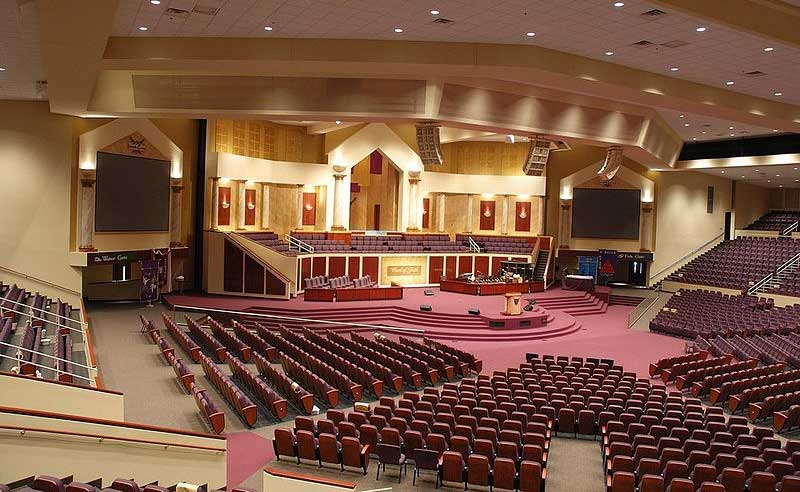Why should I Believe In People
Wale Olasoji Said About Believe In People:
You need to believe in the abilities of God residing in people. Always see the assets in people even when it looks like all around and about them are liabilities. Only God, and men who believe in people, could have picked me up when He did. Today, I am grateful to Him for it. He saw the gold lying inside the rubbish.
What you believe about people will affect how you talk to them and relate with them. If you treat people with dignity and respect, they will learn to believe in themselves. It is heart-breaking to know that many people in the world today live with very low self-esteem because of how others treat them.
Speak words of hope and encouragement at every opportunity to talk. ‘Let your speech be always with a grace that it may minister grace to the hearer.’ This is what God does for us when He tells us about His great plan for our lives even when we don’t look like it. Be like God and tell people that they can do what God has said they can do.
You can become someone who helps to raise others. One of the greatest needs of this generation is a class of men who believe in others enough to discountenance their shortcomings and help to bring out the best in them. Their spouses and children will thank you for it, their communities will appreciate you for it and such a man will be eternally grateful to you for lending yourself to help.

About Wale Olasoji:
Wale Olasoji is a preacher, author, inspirational speaker, and mentor to many people. He is the President of Crusaders of the Cross Ministry with headquarters in Nigeria.
Book
People are looking for a better way. Towering barriers are holding millions of people back, and the institutions that should help everyone rise are not doing the job. Crumbling communities. One-size fits all education. Businesses that rig the economy. Public policy stifles opportunity and emboldens the extremes. As a result, this country is quickly heading toward a two-tiered society.
Today’s challenges call for nothing short of a paradigm shift – away from a top-down approach that sees people as problems to be managed, toward bottom-up solutions that empower everyone to realize their potential and foster a more inclusive society. Businessman and philanthropist Charles Koch has devoted his life to answering that question in order the principles of empowerment in life, in business, and in society.
About the Author:
CHARLES KOCH is chairman and CEO of Koch Industries, one of the largest privately held American companies. For more than 50 years, an influential philanthropist supports education, a community of organizations addressing persistent poverty, and public policy research focused on developing effective solutions to social problems. He has founded numerous non-profit organizations, including Stand Together. He holds two master’s degrees in nuclear and chemical engineering from MIT and lives in Wichita, Kansas with his wife Liz.
BRIAN HOOKS is chairman and CEO of Stand Together, a philanthropic community that works with more than 700 business leaders and philanthropists to empower people to realize their unique potential and help every person rise. He is also president of the Charles Koch Foundation and previously served as executive director and COO of the Mercatus Center at George Mason University. A graduate of the University of Michigan, he lives in Alexandria, Virginia, with his wife, Christine, and their daughter.
World Religions
Read also:
What are the Top 7 Self Limiting Beliefs And The Negative Effects?
Secular Religion | How to Accidentally Found a Secular Religion
Judaism major beliefs | What are the core beliefs of Judaism
Paganism | Common questions on Paganism Religion
Zen Buddhism Religion | Origins, Teachings and More
Seventh Day Adventist beliefs | What are the core beliefs?



